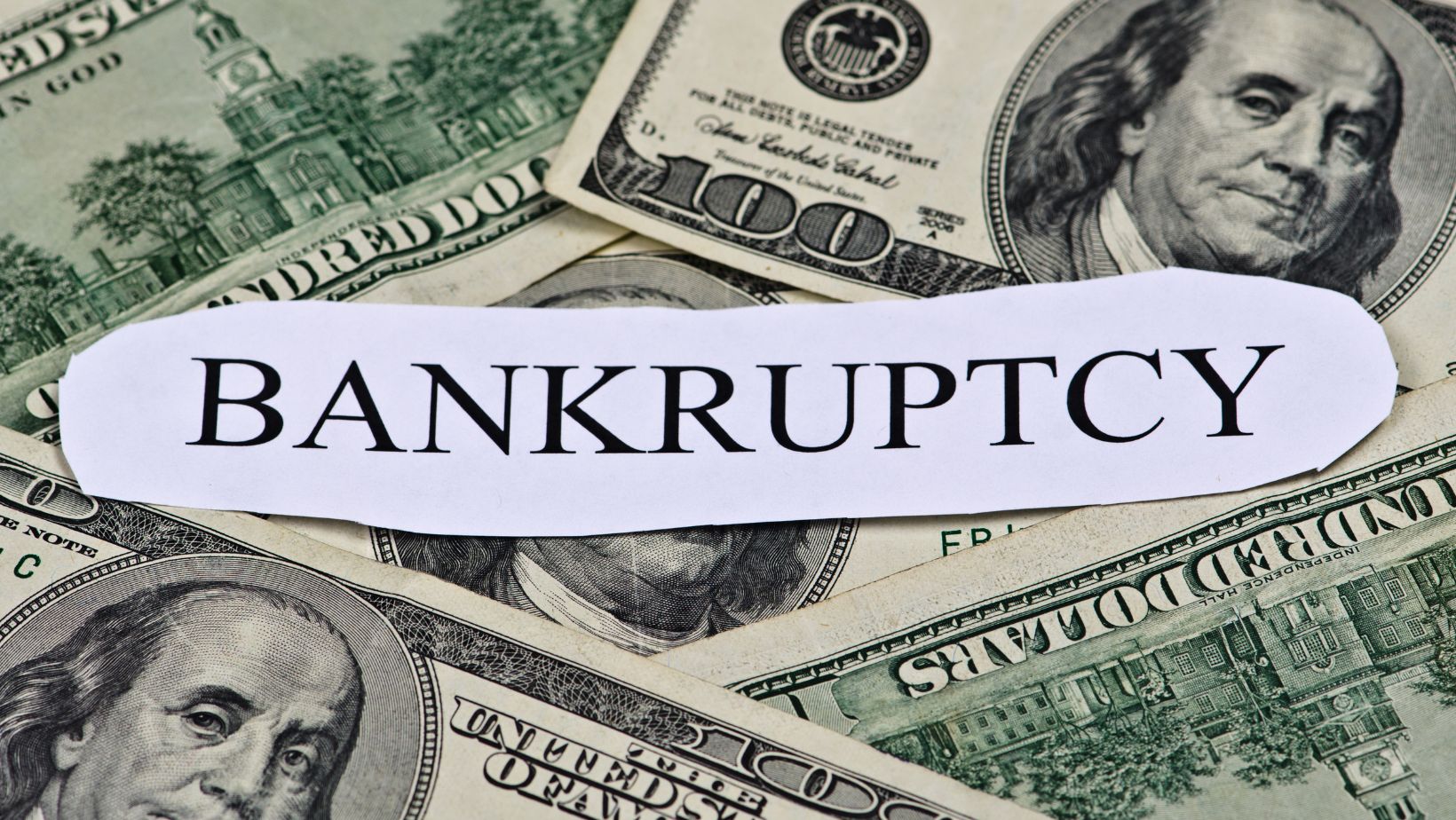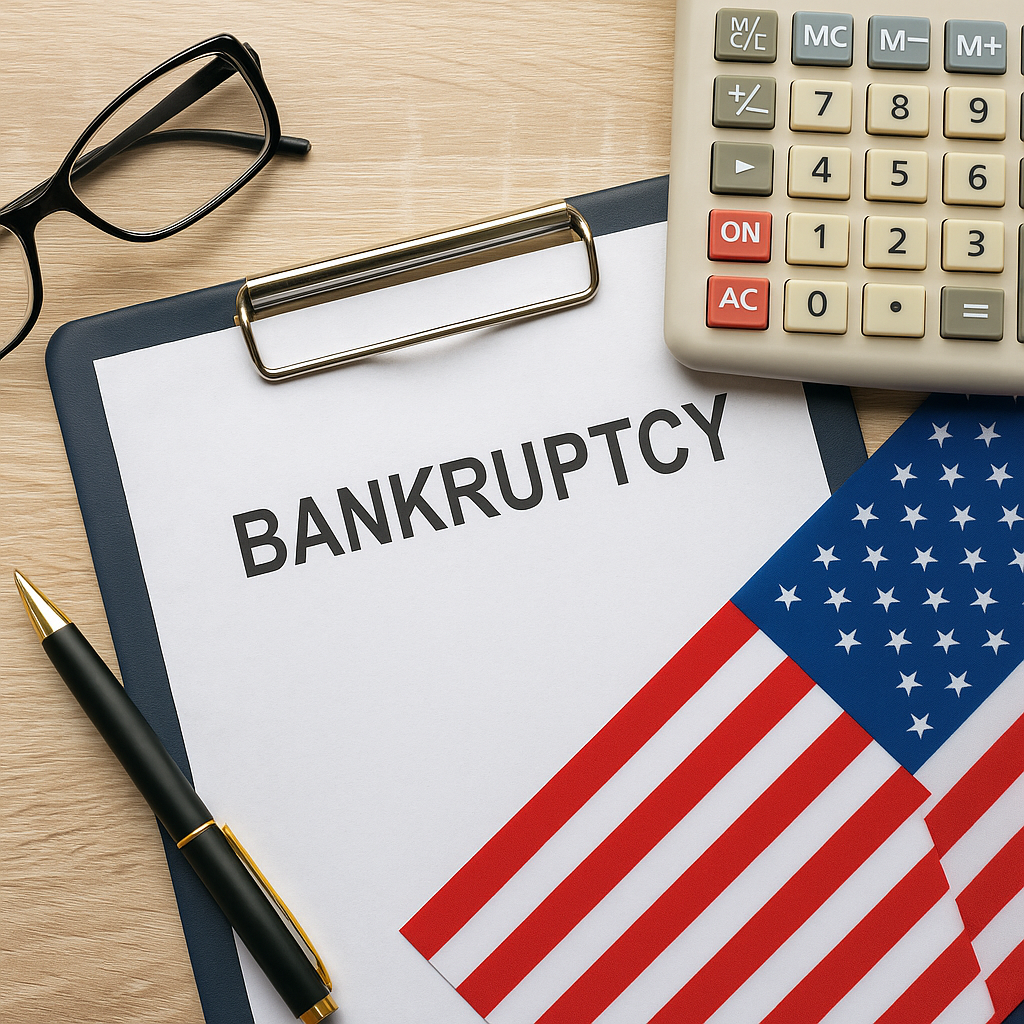Filing for bankruptcy is a major financial decision, and understanding the process is critical before moving forward. For many individuals, Chapter 7 bankruptcy offers a fresh start by eliminating certain debts and providing relief from overwhelming financial obligations. However, the process involves strict eligibility requirements, state-specific exemptions, and legal procedures that must be followed carefully.
If you’re beginning your research, learn more about bankruptcy options here. U.S. Bankruptcy Help provides free educational resources to explain how Chapter 7 works. Our goal is to give you the knowledge you need to explore your options, while connecting you with qualified bankruptcy attorneys who can guide you through the process.
What Is Chapter 7 Bankruptcy?
Chapter 7 bankruptcy is one of the most common forms of consumer bankruptcy in the United States. It allows individuals to discharge many types of unsecured debt, including credit cards, medical bills, and personal loans.
The process is supervised by a bankruptcy trustee appointed by the court, who reviews your finances and ensures compliance with federal and state laws. While some property may be subject to liquidation, exemptions generally allow you to keep essentials such as clothing, household goods, retirement accounts, and in many cases, equity in your home and vehicle.
Who Qualifies for Chapter 7?
Not everyone is eligible to file for Chapter 7. Qualification is determined through the means test, which compares your income to the median income for a household of your size in your state.
- If your income is below the median: You generally qualify.
- If your income is above the median: You may still qualify after deducting allowable expenses such as housing, food, and medical costs.
- If you do not qualify: Chapter 13 bankruptcy (a repayment plan) may be a better option.
Exemptions: What You Can Keep
One of the most important aspects of Chapter 7 is understanding exemptions. Exemptions allow you to keep property that is essential for daily living. These vary by state, but federal exemptions are also available in many jurisdictions.
Federal Bankruptcy Exemptions (2022–2025 Cycle)
As of 2025, the federal exemption system (11 U.S.C. § 522(d)) allows you to protect:
- Homestead exemption – $27,900 equity in a primary residence
- Motor vehicle exemption – $4,450
- Household goods – $700 per item, up to $14,875 total
- Jewelry – $1,875
- Tools of the trade – $2,800
- Wildcard exemption – $1,475 plus up to $13,950 of unused homestead exemption
- Retirement accounts – Fully protected, with up to $1,512,350 for IRAs and Roth IRAs
- Personal injury claims – $27,900
(Note: Federal exemption amounts adjust every three years. The next increase will occur on April 1, 2025.)
States that do not allow federal exemptions require use of state-specific amounts, which may be higher or lower. Always check your state’s current laws.
The Filing Process for Chapter 7
Understanding the steps to file Chapter 7 bankruptcy helps reduce stress and ensures nothing is missed. The typical process includes:
- Pre-filing credit counseling – A required course from an approved provider within 180 days before filing.
- Preparing your petition – Includes financial disclosures, lists of assets and debts, and income documentation.
- Filing with the bankruptcy court – Once filed, the automatic stay immediately stops most collection activities. The filing fee for Chapter 7 is $338 as of 2025, unless waived or paid in installments.
- Trustee appointment – A trustee reviews your paperwork and assets.
- 341 meeting of creditors – You answer questions under oath; creditors rarely appear.
- Debtor education course – A second financial management course required before discharge.
- Discharge order – Typically issued within 3–6 months, eliminating eligible debts.
Debts Discharged and Debts That Remain
Chapter 7 can eliminate many types of unsecured debts, but not all debts can be discharged.
Debts commonly discharged:
- Credit cards
- Medical bills
- Personal loans
- Certain utility bills
Debts not typically discharged:
- Student loans (unless proven undue hardship)
- Child support and alimony
- Most tax debts
- Court fines and penalties
Common Mistakes to Avoid
When preparing for Chapter 7, avoid these errors that could complicate your case:

- Transferring assets before filing – Moving money or property may be viewed as fraud.
- Running up new debt before filing – Recent luxury purchases or cash advances may not be discharged.
- Failing to disclose assets or debts – Full disclosure is legally required.
- Missing required courses – Not completing credit counseling or debtor education can result in dismissal.
Avoiding these mistakes helps ensure your case proceeds smoothly.
How Chapter 7 Affects Your Credit
Filing Chapter 7 bankruptcy does impact your credit score, and the case remains on your credit report for up to 10 years. However, many individuals begin rebuilding credit quickly after discharge.
Ways to rebuild include:
- Applying for a secured credit card
- Taking out small personal loans
- Making consistent on-time bill payments
For many, the benefit of eliminating debt outweighs the temporary credit impact.
Alternatives to Chapter 7
Before filing, it’s worth exploring alternatives:
- Debt settlement – Negotiating with creditors to reduce balances.
- Debt consolidation – Combining debts into one manageable loan.
- Credit counseling – Nonprofit agencies can create structured repayment plans.
- Chapter 13 bankruptcy – A repayment plan option for those with regular income.
Each alternative has pros and cons, but for those buried in unsecured debt with little ability to repay, Chapter 7 often provides the most effective relief.
The Role of Attorneys in Chapter 7
While it is possible to file on your own, having an attorney significantly improves your chances of success. Bankruptcy law is complex, and mistakes can result in case dismissal.
At U.S. Bankruptcy Help, we don’t provide legal representation directly. Instead, we:
- Provide free educational resources about bankruptcy
- Help you understand whether Chapter 7 is right for you
- Connect you to qualified bankruptcy attorneys in your area
This approach ensures you get the information you need and access to experienced attorneys who can guide your case.
Final Thoughts
Filing Chapter 7 Bankruptcy is a serious decision that requires careful consideration. By understanding eligibility, exemptions, the filing process, and potential outcomes, you can approach the process with confidence.
Explore the free guides and resources at U.S. Bankruptcy Help to learn more. The sooner you take action, the sooner you can move toward financial freedom with the right attorney by your side.


More Stories
Purchasing a Used Spectrum Analyzer: A Smart Guide to Reliable and Cost-Effective Signal Testing
Coinisbet Builds Momentum as a Knowledge-Driven Korean Crypto Platform Blending News, Analysis, and Investor Community
What the World Can Teach Us About Feeding Children